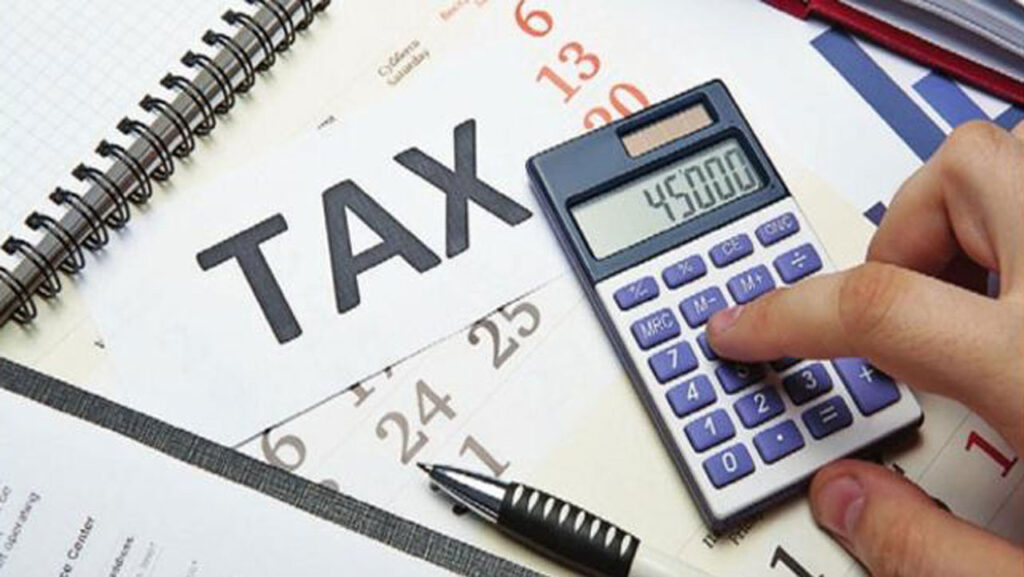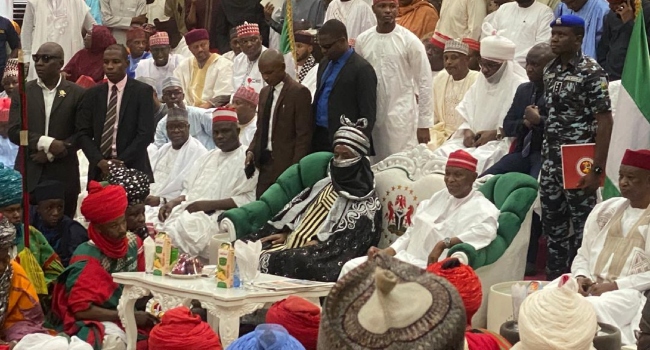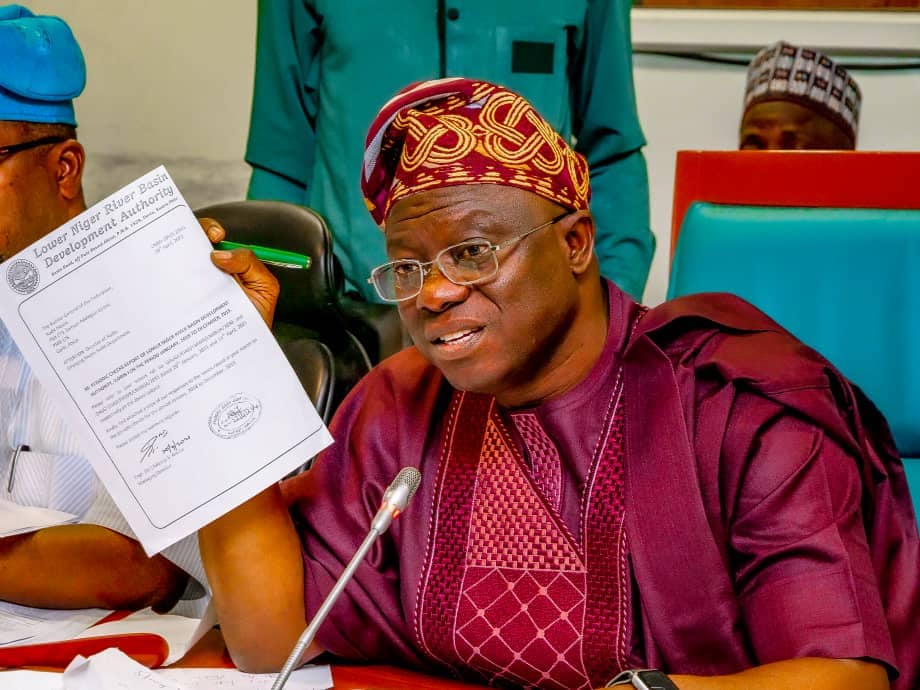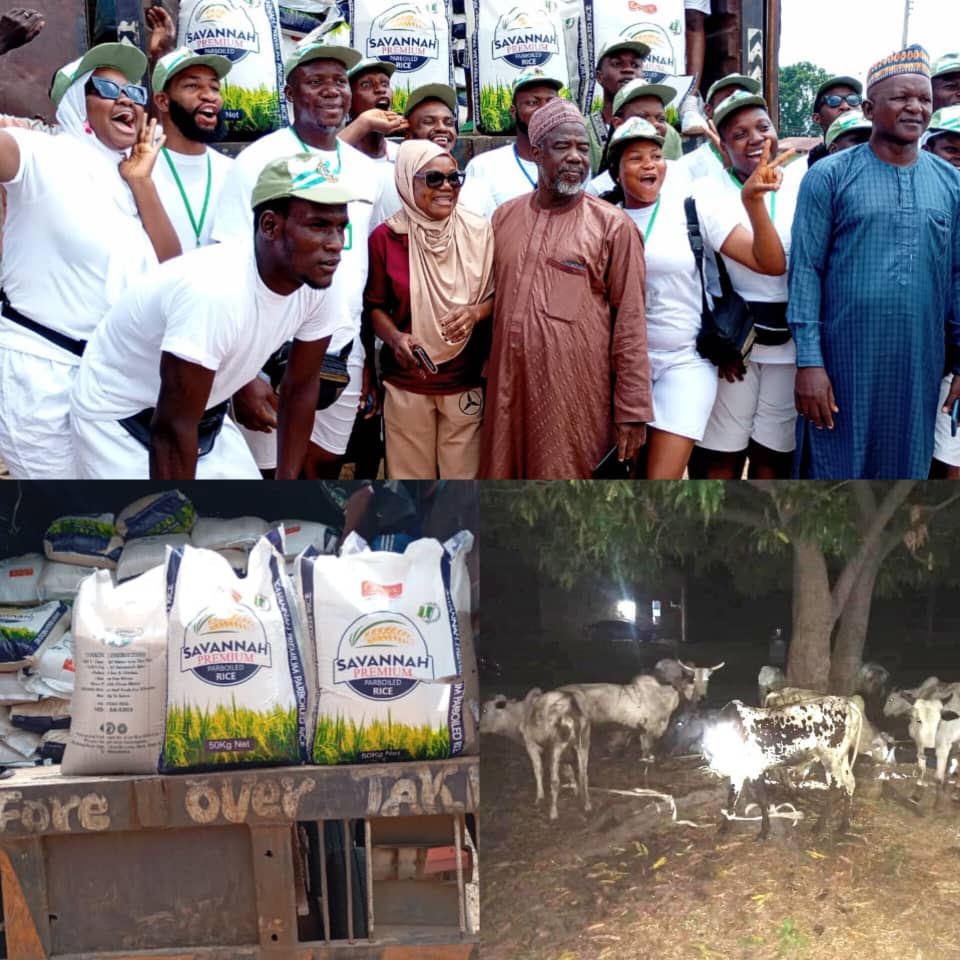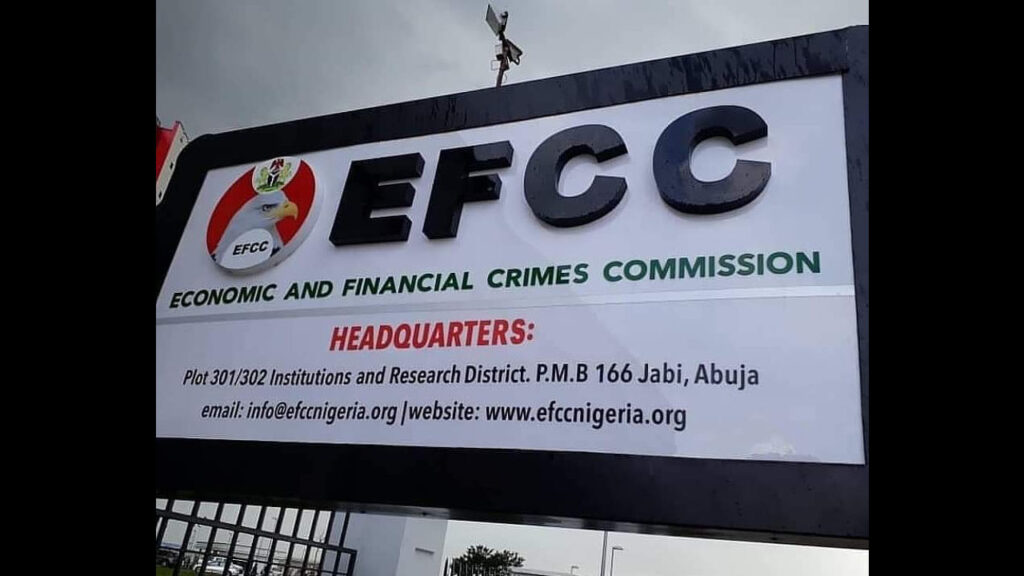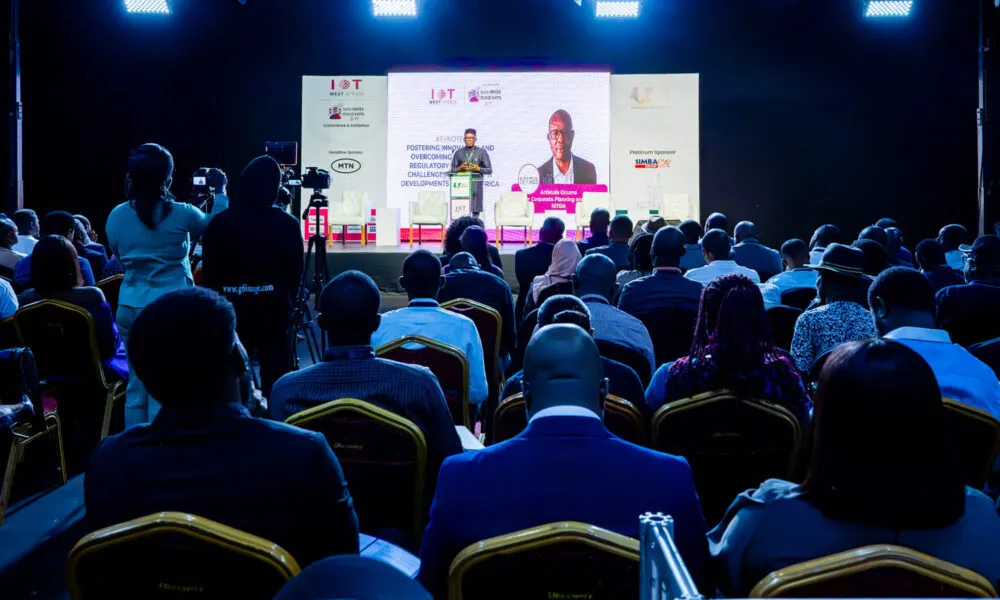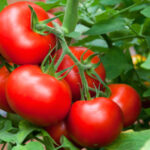
The N10 per litre tax on Sugar-sweetened Beverages (SSBs) by the Federal Government is grossly inadequate, Corporate Accountability and Public Participation Africa (CAPPA), has said.
At the public presentation of the research led by Centre for the Study of Economies of Africa (CSEA) in Lagos, the Executive Director of CAPPA, Akinbode Oluwafemi, said going by the present hyper-inflation in the country, the best tax rate for one litre of SSB should be N130.
Meanwhile, some participants at the event felt strongly and proposed alternatives to shifting of the burden to the masses.
The report aims to provide a comprehensive overview of SSB consumption patterns, their profound health implications, fiscal considerations and policy recommendations to address the growing health and economic challenges stemming from SSB consumption in Nigeria.
Research Associate, CSEA, Fidelis Obaniyi, who presented the report, noted that it provided the first empirical evidence about the likely health and fiscal impact of SSB tax in Nigeria.
“While the tax of N10 per litre of SSB in Nigeria is a good beginning, the tax rate must be improved to have a significant fiscal and health impact,” he said.
In his address, Oluwafemi described taxation as a tool used in growing and shifting consumption.
According to him, government can use taxes to motivate people to engage in healthy lifestyle by consuming less of what is destructive to the body and economy, thereby protecting citizens’ health.
“Revenue from such could be used to develop the wholesome side of the economy,” he added.
Effect of excess sugar, according to health experts, includes Type-2 diabetes, obesity, higher blood pressure, inflammation, weight gain and fatty liver, which are all linked to an increased risk for heart attack and stroke.
For Obaniyi, with increase in SSB tax, also known as pro-health tax or ‘Sin Tax’, the industry is expected to shift the burden to the consumer, then the market forces of demand and supply will come to play and the consumer will take less of the product.
The Guardian gathered that Nigeria ranks fourth globally in SSB consumption, with a yearly sale of approximately 38.6 million litres in a market valued growth rate of 16.63 per cent in 2023.
Some of the alternatives suggested by participants include sensitising the public on the dangers of taking SSBs, probably by using Front of Pack Labelling (FOPL) as it is done on tobacco packs, while others urged government to tax the industry alone, as done in some countries.
Obaniyi said SSB tax is triple win for government, the industry and the consumer.

